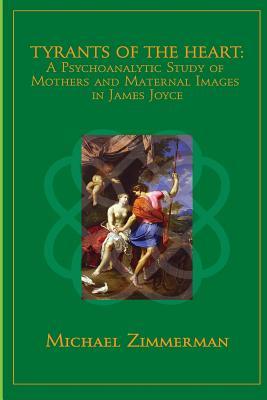In a number of articles I published when I began my training as a psychoanalyst at the San Francisco Psychoanalytic Institute, now the San Francisco Center for Psychoanalysis, I became intrigued by James Joyce's concern with mothers and maternal images. I found that writing "Stephen's Mothers in Ulysses" crystallized my sense that amor matris, to use Stephen Dedalus's phrase, the ambiguous "mother love" (a mother's love for her son or a son's love for his mother or both at once), was a way into many of the mysterious, unfathomed, even unfathomable passages in Ulysses.
As I continued my training, while simultaneously teaching English literature at San Francisco State, I became more and more aware that the way I enjoyed teaching--the close, systematic textual analysis of literature, explication de texte--was dovetailing with the ways I was learning to listen to, and to muse about, my patients. In effect, I was learning that by focusing on the inner lives of patients and literary characters--on what Paul Schwaber in his psychoanalytic reading of Ulysses, The Cast of Characters (1999), calls "minds in action"--I was doing much the same thing. I was trying to pay the closest attention to the repeated thoughts, feelings, images, and associations that make human beings unique.
